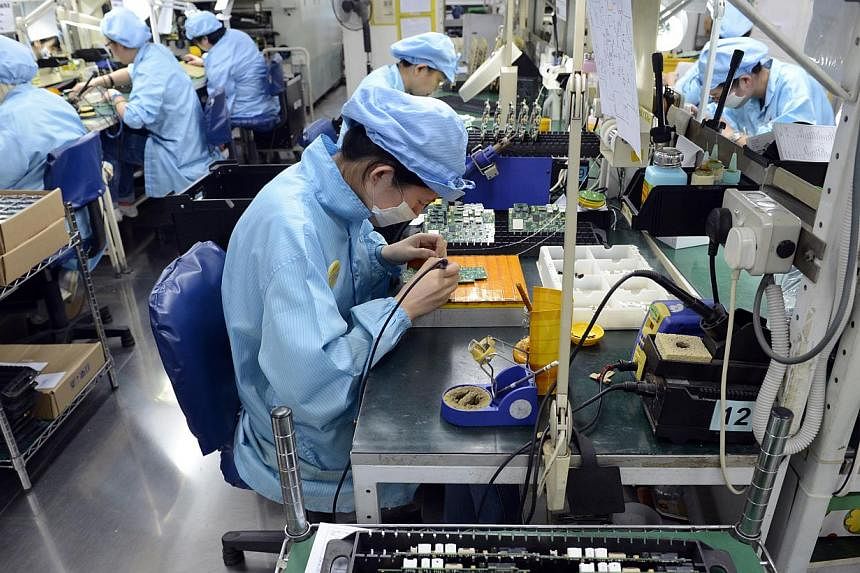The risk to manufacturing jobs, highlighted by the National Trades Union Congress last week, deserves to be taken seriously. Two in three of the 2,212 workers retrenched from unionised companies last year were from this sector and, even as early as this into the new year, there are indications that 300 manufacturing workers will be laid off soon.
Manufacturing appears to face the weakest prospects against a cautious outlook for the economy. The statistics afflicting the sector would have been worrying even if they had reflected only cyclical developments. However, what warrants close attention is the spectre of hollowing out. Although gradual, that structural shift would be cause for great concern because the sector employs 15 per cent of the labour force. Many of these workers and their dependants inhabit the cutting edges of vulnerability.
Of course, there is an element of inevitability in the trend weighing upon manufacturing. Its decline as a source of employment is a global phenomenon with strong historical precedents. Just as agriculture once ceded its economic primacy to factories, services are taking over from manufacturing in a relentless and endless relay race. The prime driver of this process is technology, which forces markets and workers to embrace the momentum of productivity to keep moving along the economic trajectory - or else fall off it.
The logic of change is inexorable. However, while the modes of production are dispensable, people are not. They have to be helped to adjust to changing circumstances, no matter how onerous the initial steps might be. This is where Singapore's tripartite system, which brings together the state, capital and labour in a partnership devoted to long-term economic viability, has a crucial role to play. The tripartite alliance must come up with practicable ways of redeploying the manpower released from manufacturing and helping displaced entrepreneurs move into new niches within an evolving economy.
Managing the transition well would reaffirm an industrial culture of paying close attention to the needs of labour during disruptive phases of growth. This spirit was manifested in earlier decades as Singapore moved up the value-added ladder of development by leaving labour-intensive industries behind. Now, rising costs, manpower shortage and restructuring have been cited as reasons for manufacturing companies pulling out of the country. Each of these reasons has to be examined carefully to see what ameliorative steps should be taken to ease the pains of a necessary transition. The interests of small and medium-sized firms must loom large in this national endeavour.

